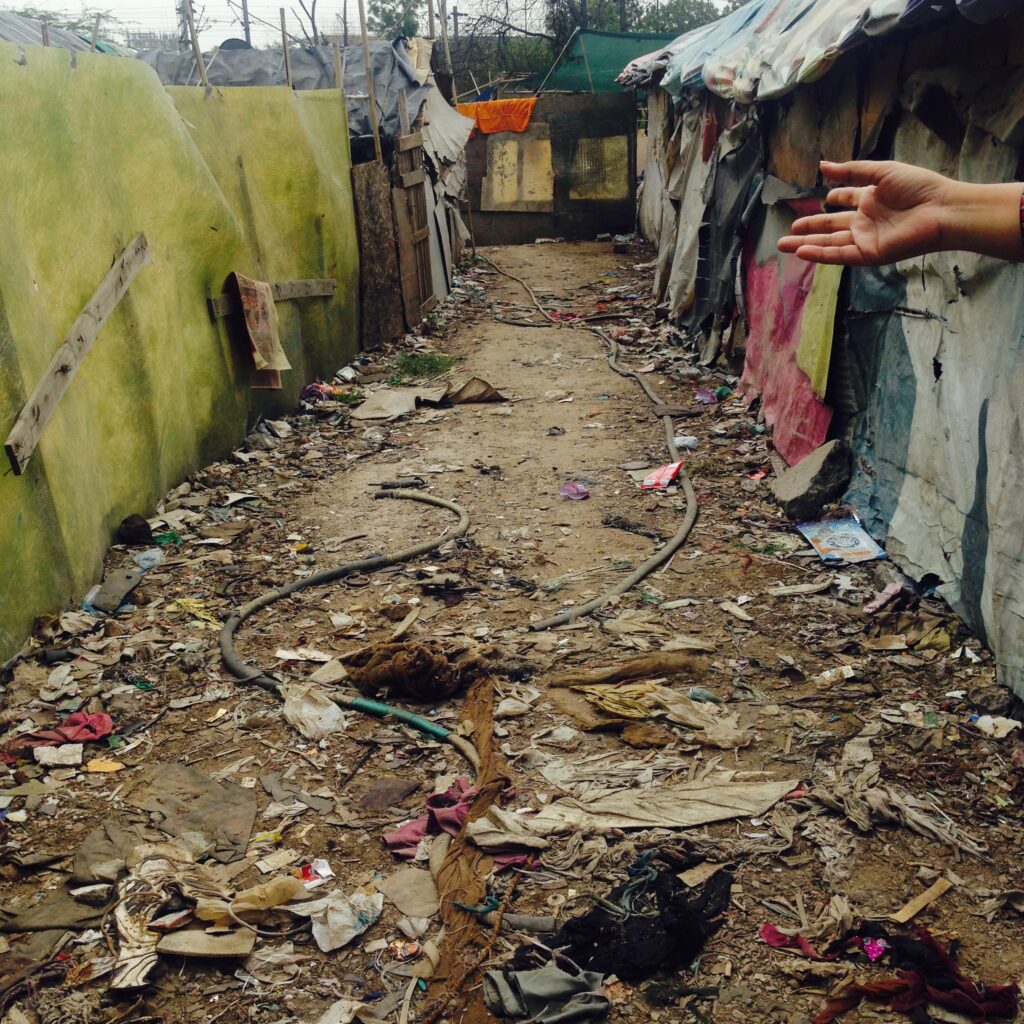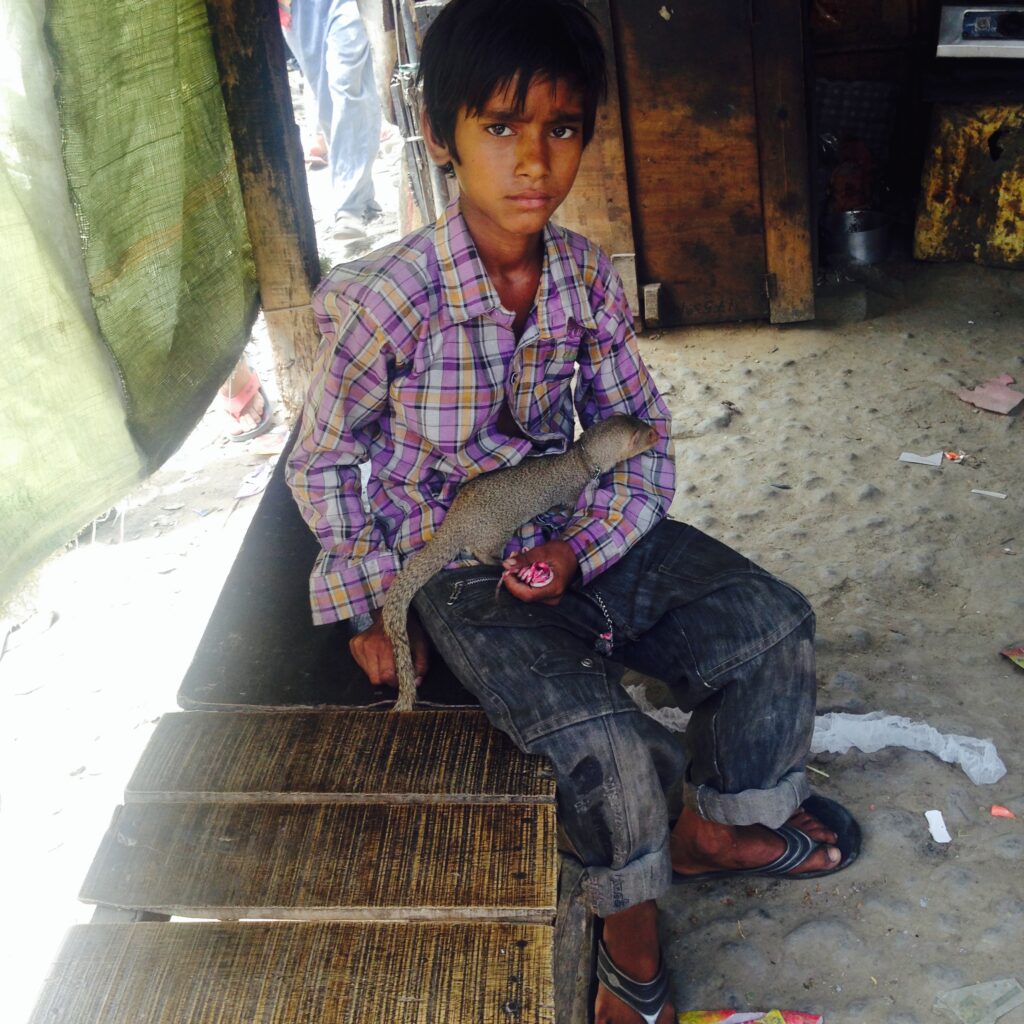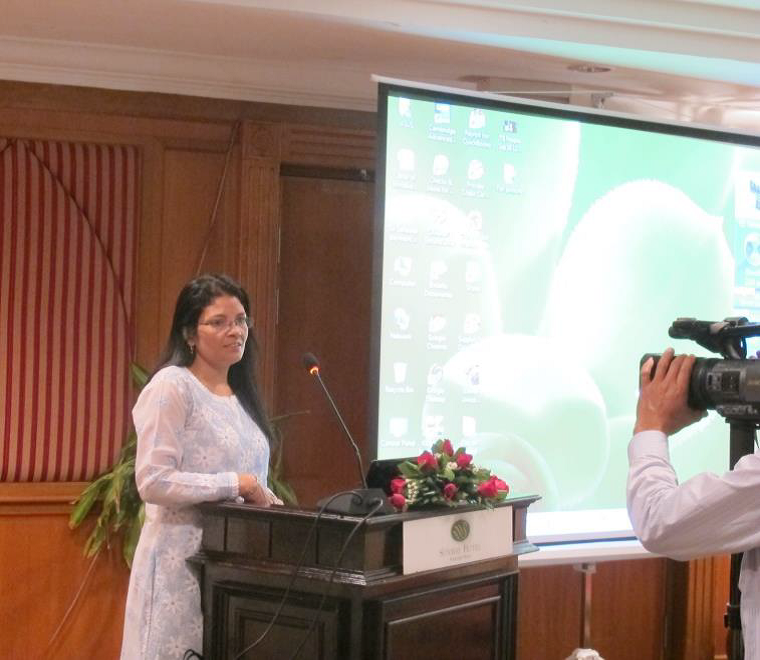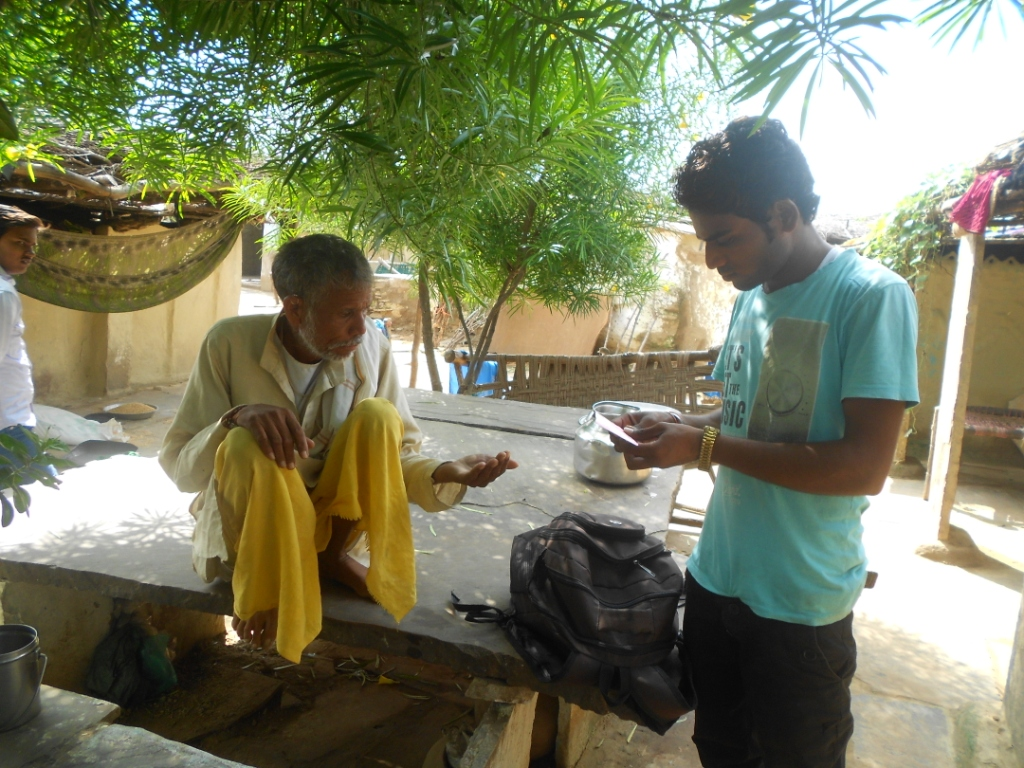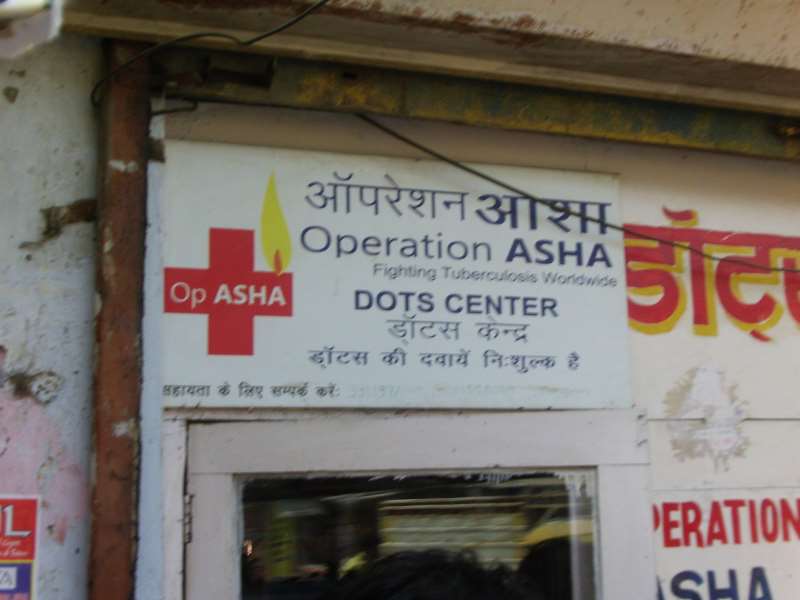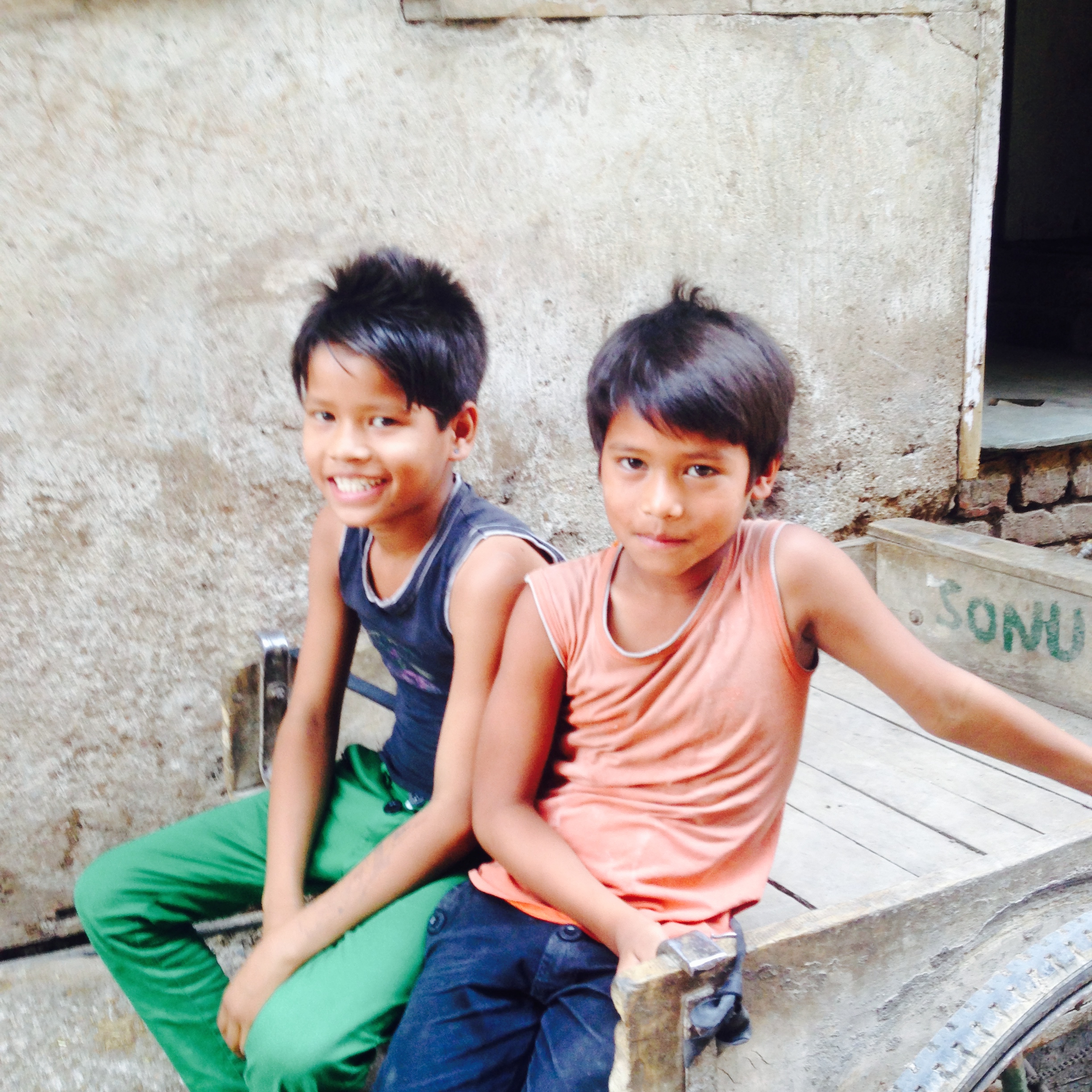
Shifted Expectations
By Marcia Frimpong, Intern, 2013
When I began my internship with OpASHA, I wasn’t sure what to expect. This was my first time in India and my first time working in international health care delivery. This was not to say I wasn’t excited, I was curious to see how I would handle myself in a culture different from my own. Delhi was a barrage of experiences. The heat was as inescapable as the noise. The people were plenty and so were the smells. One thing that stuck out to me during my time in Delhi is people’s ability to survive in their situation, especially children.
I went on numerous site visits during my time at OpASHA and one stood out the most to me because of the people I met that day. Our site visit began with a stop at the treatment center, which is in a small pharmacy in this village. As we walked to the pharmacy, we passed by numerous small goods shops which reminded me a lot of stores I’d seen in Ghana and I couldn’t help but make the connection between the two countries. There were high-rise apartment buildings so I wasn’t really sure how much of a slum this place was. It appeared to be working class more than anything else. In the pharmacy, OpASHA had a small space where patients were waiting to get their TB medication. On the bench were two patients who were waiting for their medication, a woman and a man. We were able to ask a few questions via a translator and I found out about how OpASHA functioned. During our walk over to the treatment center, a few kids followed us around.
After our visit to the treatment center, we went to see the community that was the benefactor of OpASHA’s center. As I mentioned earlier, when we came in I did not think the community was in the worst situation. The thing about India is poverty is usually right around the corner from wealth. To get to the community, we walked by numerous small factories, breeding sites for TB because of the poor air circulation found there, there was filth everywhere one had to be careful and watch their step. As we walked we soon gathered a crowd of children following us. The flies were everywhere but you get used to it after a minute or so. You couldn’t escape the garbage because essentially these people were living at a garbage dump. Through our translator, we found out that to live in this deplorable state these people had to pay someone. I was shocked to say the least.
During all this I could not help but notice how this was still a functioning community. Although in a situation that I struggled to comprehend, these people had carved out a life for themselves and their families here. I saw young men and women with state of the art phones; satellite dishes on these make shift homes, essentially hustling to make a better future for themselves and their families. These children were making the best of their situation. One little boy had a pet mongoose that he had trained. Several of the children were running around and laughing. Women sorted through the pile of garbage picking out things I presumed could be of use. I was amazed. I would like to believe myself capable of surviving if thrust in such a situation but I am doubtful.
Although this was a short visit, it stuck with me. It showed me the power of resilience in people. It’s easy to accept and give up but it’s a lot harder to work even when there appears to be no end in sight. OpASHA’s work in these communities allows these men and women the chance to keep fighting for something better. An illness like TB can take people away from their work with potentially devastating consequences and for that I am positive these communities are grateful.
-Marcia Frimpong

